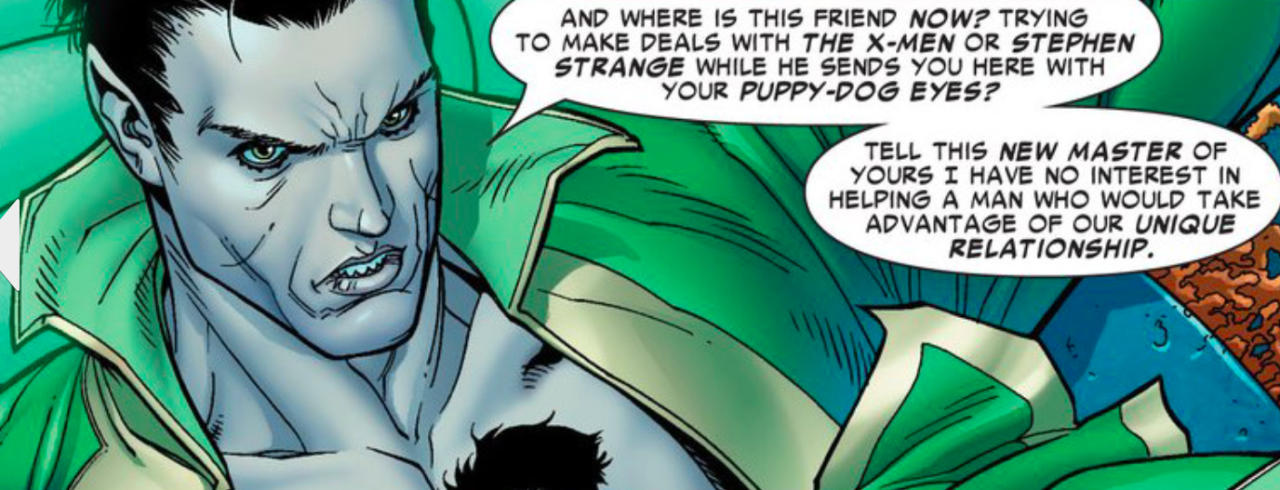Grimlock ♥ Ultra Magnus
I'm a well read grad student who's bluntly honest about all things, although I try to be most honest about myself.
Currently reading










Liked it a lot better than I'd remembered I had, but still not a favorite

I can see myself rereading this, just to go over the details, however. And there are a lot of important details. There's a lot of politics, and politicking, as well as the main themes of personal liberty and safety, which are shown as mutually exclusive for much of this graphic novel. It takes personal tragedies, and a huge, epic grand finale of a fight for everyone to come to a compromise.
It was always about the ideas, and the ideals, and while personal relationships - even marriages - played a part in who was on what team, and how and why they shifted their loyalties, it was never the main theme. (Which is one of the reasons I've been skeptical about the movie adaptation from the start; relationships that were supposed to be time tested and much stronger than Cap and Bucky's buckled under this Civil War. I'm glad that everyone who's seen it enjoyed it, but I have a feeling this will bug me. I'll see when I, well, see it.)
The details do build up to make a difference in how the war is played out, though, and it wouldn't make sense to show the effects without the why and the how that came before. It also makes for some shocking twists and turns, none of which I'll spoil. I also didn't remember the part a favorite character plays, and I was worried since you only see so little of him at first. I won't spoil that for you either, since you all may guess who I'm talking about and many probably will.
Millar also does a splendid job of bringing together past events, and bringing them up in ways that are relevant and also are a factor in how this battle builds and ends.

She's talking about Genosha, I believe. Which is a punch to the gut for me, and also completely justifies her stance here: they are the minority and they are expected to accept less help and sympathy, but help when others are having issues. It's unfair to the mutant population in general. Neither side is able to spin that to their advantage, though.
But nicely done: this is very Emma Frost.
A more direct example of the politics at play is Namor:

And it delves into some pretty deep territory, like Tony Stark explaining his stance to Daredevil:

He actually goes on for quite a few panels, and it comes off sounding like pleading for understanding. And in fact, it seems like rationalizing this to himself. At some point, it seems as if Tony has a kernel of doubt, but he also seems very convinced the majority of the time. I think this might show that a compromise would have been best, although emotions are running too high for anyone to see that for a long time.
Daredevil does not only buy this, but his Catholic upbringing comes into play:


Again, it's on point, and it's in character. It's easy to forgot how Catholic Murdock is, because while he's been formed by the religion, it's more in how he acts that in talking about religion or going to church. He won't kill, his enormous sense of guilt, that type of thing. It's nice to see something so simple, so elegant, and so very much him that is a reminder of his religious roots, roots that very much influenced him as both a child and continue to do so as an adult.
Millar brings all this to the story, but they're small moments, moments that build up to the ending, and they all fit into the story he's telling. He never really loses the plots for all these small moments - and more - and I really enjoyed this for all that Millar does with a relatively small amount of pages.
For something so serious, he manages to bring some moments of humor:

And this one which isn't meant to be funny:

At least it isn't just women anymore. But I look at his ass and giggle every single time, because awkward.
And that's Spider-Man's Stark tech upgraded costume. You're welcome, people wondering who don't read comics like I do... and by that I mean all the time.
I think a coworkers statement is one reason I didn't rate this so highly: she doesn't like Civil War because it's stressful when they're all fighting because they're supposed to be friends. It's partly that, and it's partly as much as I appreciated a lot about this, it seemed like it could have been cut down by an issue - maybe two. It seemed to drag a little mid-issue six.
I also really am not a fan of crossovers and big events like this. Yes, the storytelling can be grander, and they can tell sweeping stories like this. I'd rather they get along, too, coworker. I also think a lot of the stories that hit me the hardest are more solo stories, or solo team stories, where they dig deep into one character. Or a few. The teams were too spread out to do that here, and while you got a little bit of each one, it didn't feel as if anyone was as fully fleshed out as I'd like.
So there were issues, but it was still a lot better, and a lot more enjoyable, than I remembered.
And congrats if you stayed with me through this. This was one of my longer reviews, so sorry about that guys.



 17
17